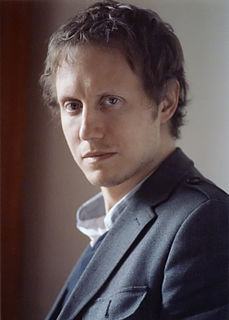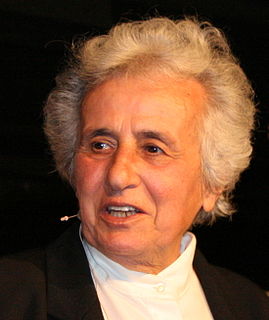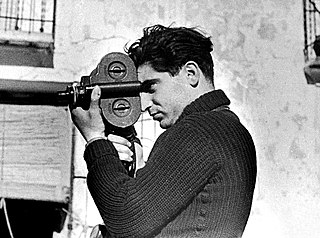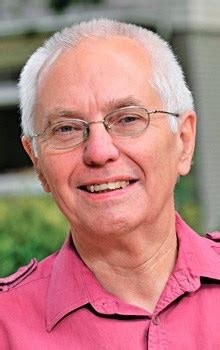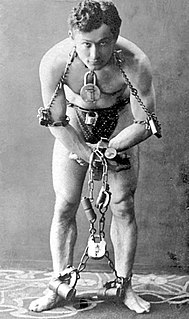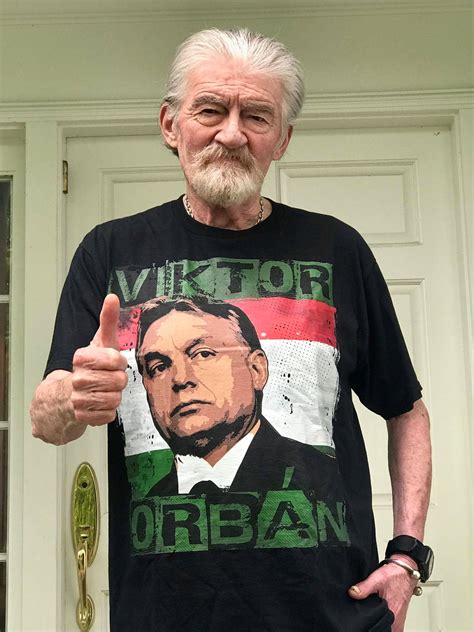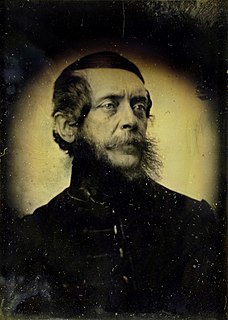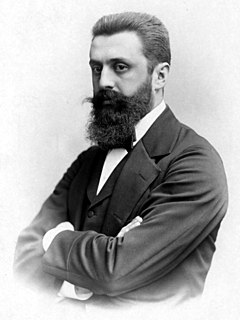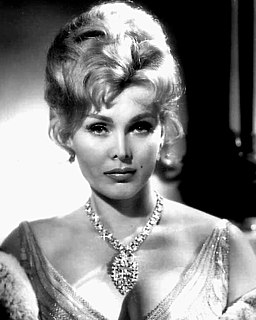A Quote by Laszlo Nemes
When I began research, I read the writings of the Sonderkommandos. They are not well known, but these prisoners wrote from the middle of hell from Auschwitz, to let the world know what happened. The texts were buried beneath the ground and found after the liberation of the concentration camps.
Related Quotes
Auschwitz was one of the wealthiest places in the world. Everyone who was deported there had been in such a hurry that they were only able to take along the things they loved the most. Well, of course, a musician would take along her instrument. But then they would take these precious possessions away from the prisoners once they arrived. All these things were kept in a part of the camp the prisoners called "Canada." It was like a giant warehouse.
I was born in the middle of the Second World War when the United States dropped their atomic bombs in Hiroshima and Nagasaki, when millions of people were dying in concentration camps, when half the planet were colonies that belonged to empires. The word feminism didn't exist. And in my lifetime I have seen all these things improved, changed. We are more connected, more informed. We can fight against stuff together in ways we couldn't before.
The Bible is a collection of writings by lots of different people written over maybe a thousand years, from a number of centuries before Jesus to a century after Jesus. I often like to refer to it as "the Scriptures" to make that point about it being lots of writings that were originally separate. What these writings have in common is that "the Old Testament" is writings that grabbed the Jewish people; writings that convinced them that they were God's word to them. And "the New Testament" is writings that grabbed people who believed in Jesus in the same way.
Until I read Anne Frank's diary, I had found books a literal escape from what could be the harsh reality around me. After I read the diary, I had a fresh way of viewing the both literature and the world. From then on, I found I was impatient with books that were not honest or that were trivial and frivolous.
